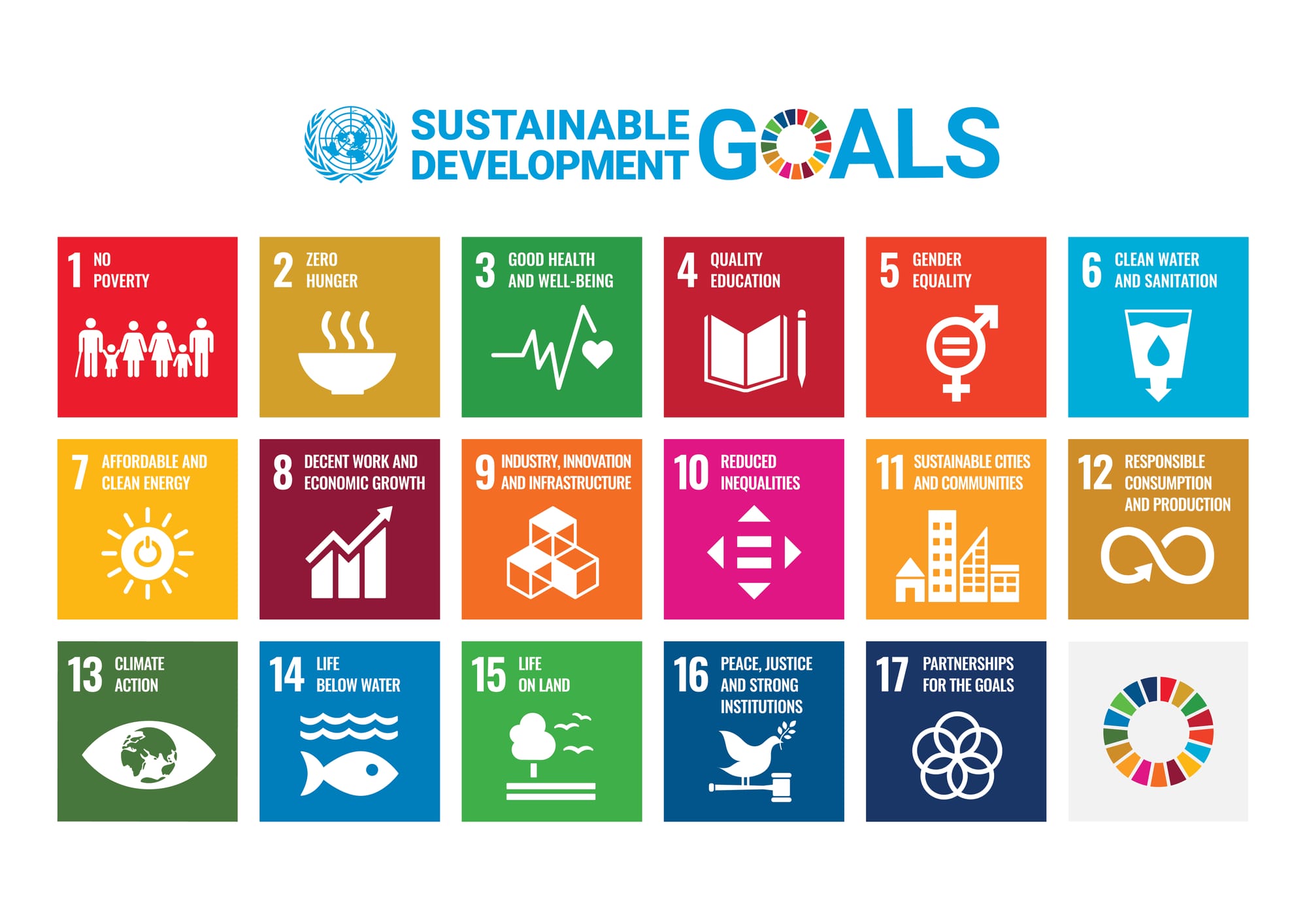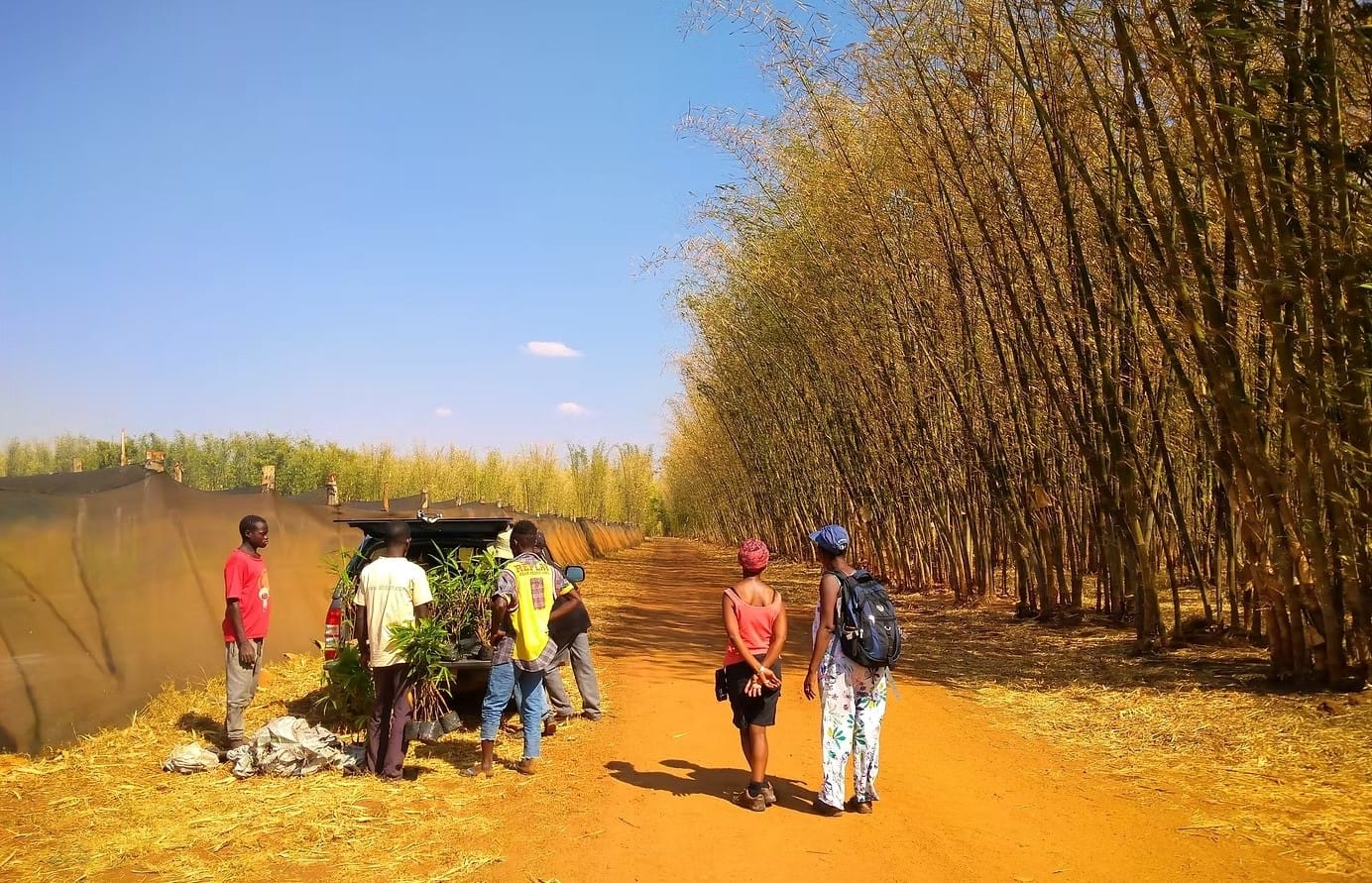
Tree planting for Malawi
Date Published: 18/02/2025 | Blog category: Other
In October 2024 we committed to further our work in Malawi by making a promise to plant a tree for every funeral we care for.

During our UN International Year of Co-operatives, this is a wonderful example of what co-operative partnerships can achieve: building a meaningful global legacy for those families in the UK choosing a Central Co-op funeral.
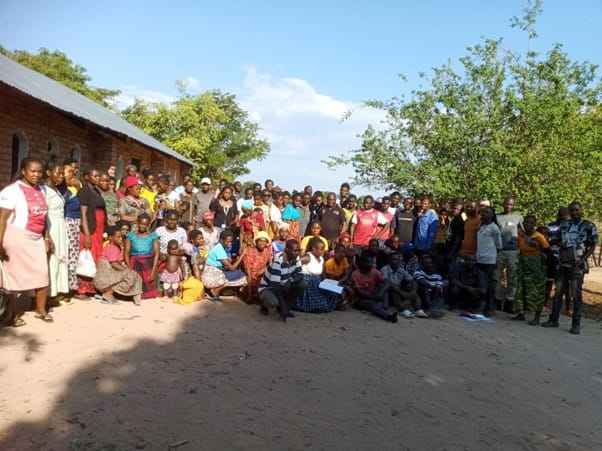
Working with Co-op Climate Action, we’re building on the impressive Principle 6 work we’re already delivering in support or Our Malawi Partnership.
Malawi has suffered from the severe changing weather conditions that have been experienced across the globe. Strategic tree planting can reduce the impact of floods, more frequent due to climate change, that cause loss of life and economic damage.
Using the co-operative model, sustainable harvesting of forest products can further boost local economies in addition to restoring vital tree cover that protects the extraordinary diversity of wildlife in Malawi.
Our contribution has already made a difference and also builds towards many of the UN's Sustainable Development Goals.
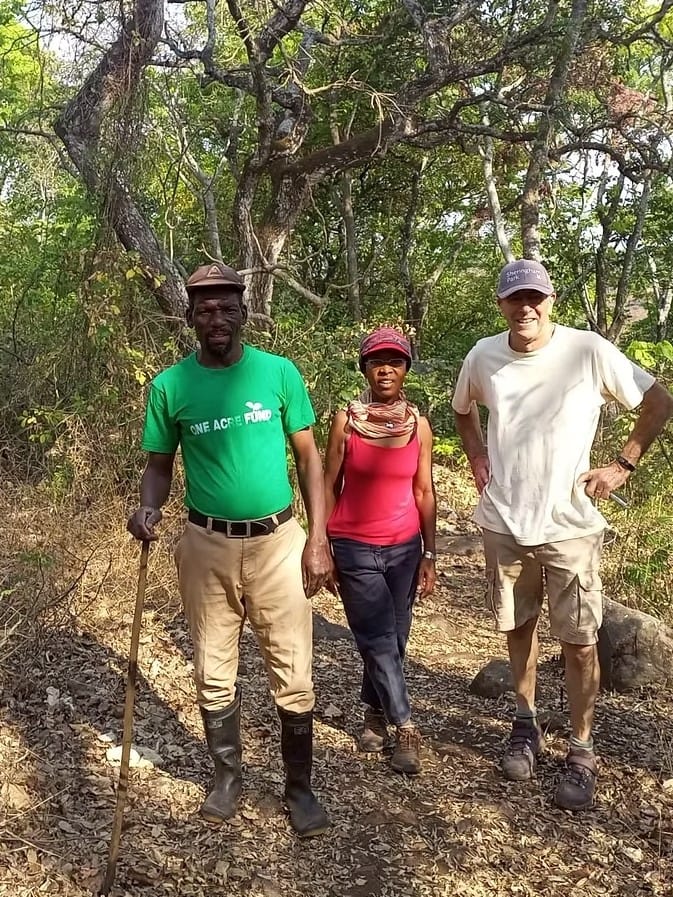
In October, the Wildlife and Environmental Society of Malawi (WESM) received initial funds to kick start our tree planting initiative.
A programme of community awareness sessions on the initiative are being rolled out at local Primary Schools and villages reaching over 2500 people with tree planting messages. Awareness raising has also taken place with eight communities surrounding Sani Hill’s wildlife reserve in Nkhotakota. Further local schools are being engaged to build understanding and support for rewilding.
5000 tree seedlings of various species have been procured, and collection, distribution and planting started in January. The timing of tree planting is critical to raising strong, healthy and hardened seedlings that have the best chance of survival.
The Wildlife and Environmental Society of Malawi (WESM) has been engaged and are interested in working together so that this initiative is well supported on the ground.
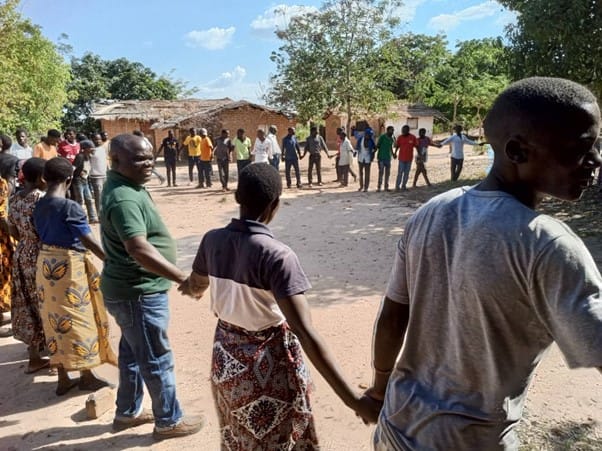
WESM has started to register and recruit tree planting farmers. There has been strong interest so far with over 100 Individual farmers expressig an interest.
Co-op Climate Action also held meetings with Malawi Federation of Co-operatives (MAFECO) to explore how we involve existing volunteer clubs, established resident environmental projects and local co-operative partners in options for commercialising the output from tree planting.
A bee keeping club has been formed to install hives in some of the forested areas which will help with fertilisation, increase biodiversity and deter intruders.
Monica’s story
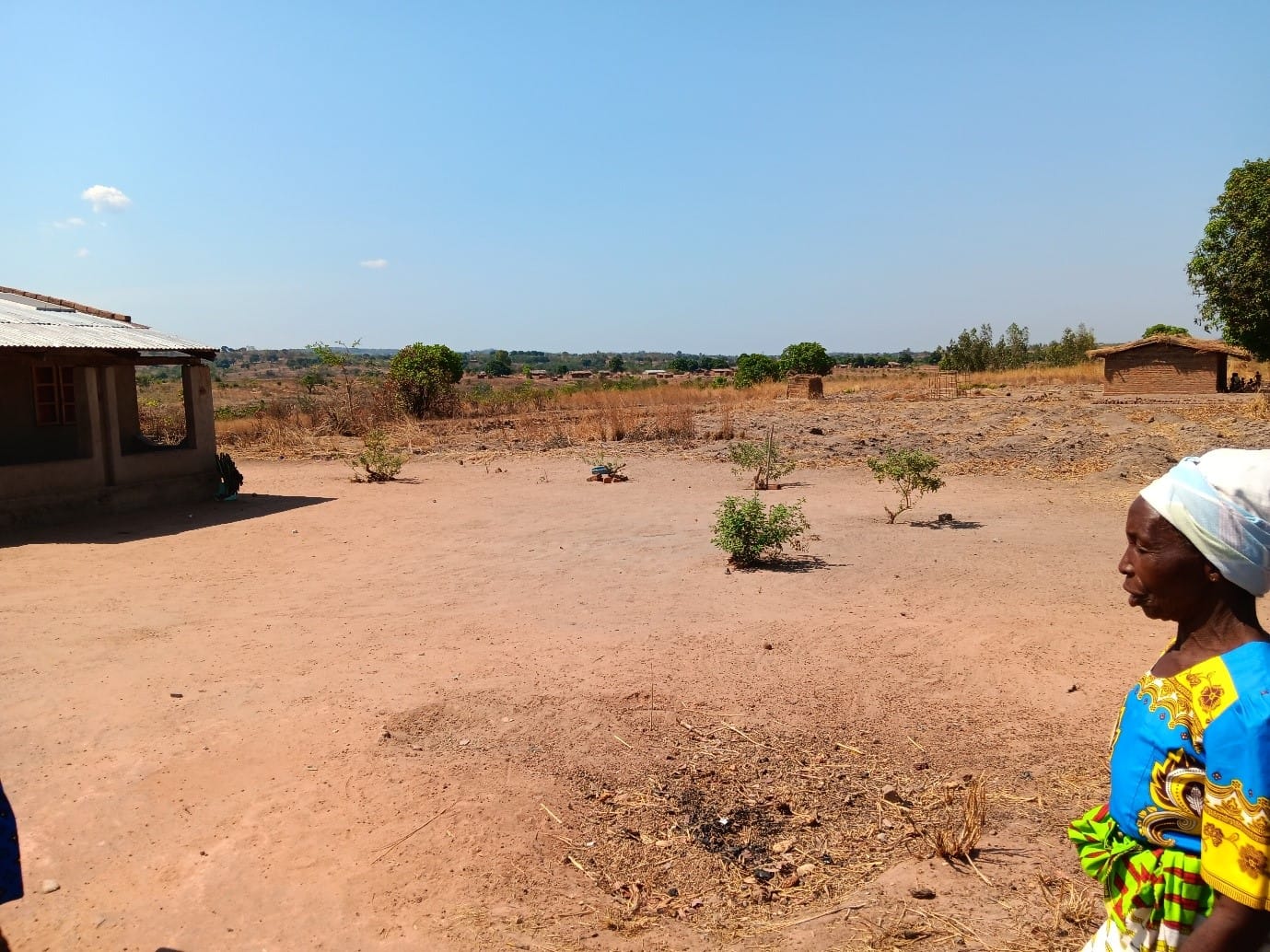
Monica lives in Palisanje, a village of about 400 people a few miles off the tarmac road between Nkhotakota and Dwangwa in Malawi.
There is no electricity or running water and all the households here are smallholder farmers depending on plots typically of 2-10 acres. All these farmers are totally dependent on their crops for food and income.
Monica has five children from ages 4 to 18 and a sick husband who cannot work. She grows cassava and sweet potatoes to feed her family, and also maize, which she sells to provide an income. Most years she produces 10 bags which last year gave an income equivalent to £180.
She has no other source of income and there is no social security in Malawi where inflation is running at 30%. Primary education is free but secondary is not so most children in the village cease education at the age of 12. Even primary school requires a contribution to the school fund of about £2 per term which many families cannot afford so lots of children are getting no education at all.
Even before last year’s cyclone, which destroyed some crops, Monica was struggling to afford fertiliser, firewood to cook, meat/fish, clothes for her children or transport to get her sick husband to the nearest hospital. This means the family go hungry and see no way of giving their children a better life.
This is why the community are so enthusiastic about tree planting, now they have been made aware of the potential benefits by our project volunteers. The right choice of trees can enrich the soil, avoiding the need for fertiliser; provide shade reducing the need to fetch water for irrigation, provide cooking fuel, and food for people and animals.
Trees can offer protection from soil erosion and wind, a habitat for beneficial insects and wildlife, and forest products can also provide sustainable business opportunities.
Improving the future for Monica will take time and involve effort by the whole community, co-operation with other communities who have adopted this approach, and funding support to provide trees and training to get them started.
